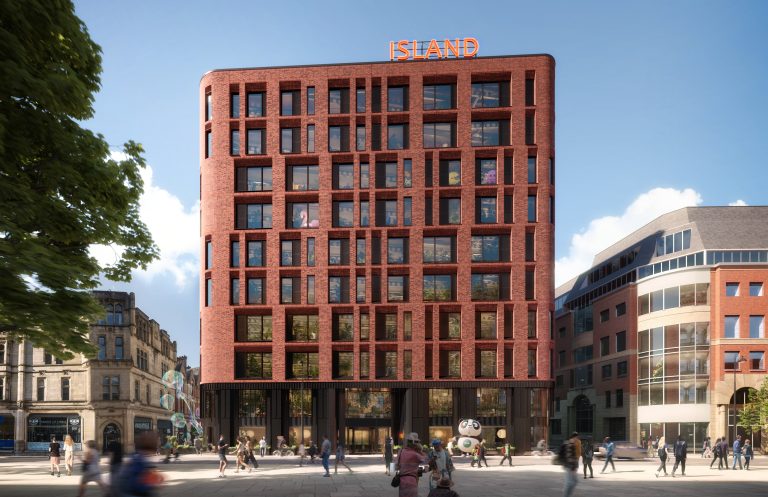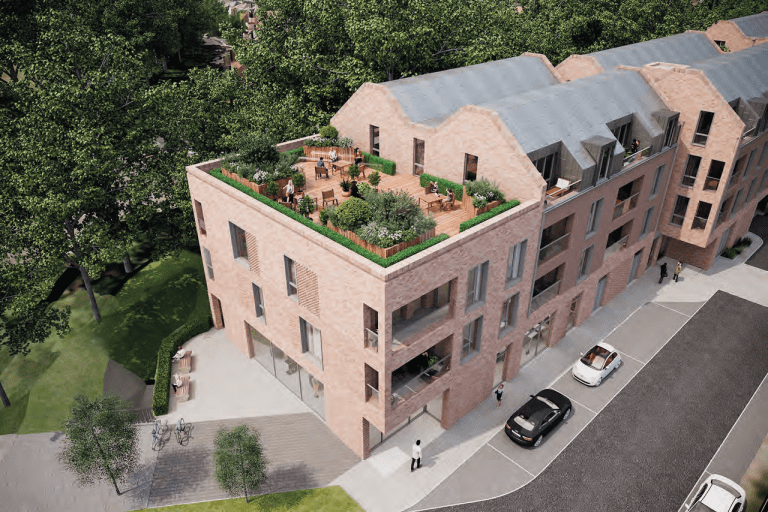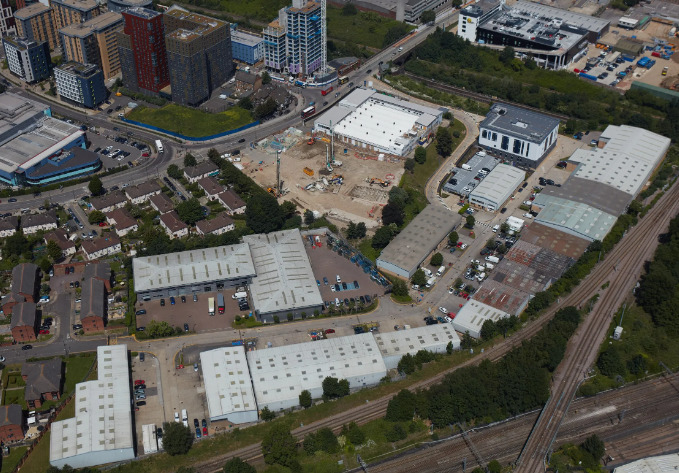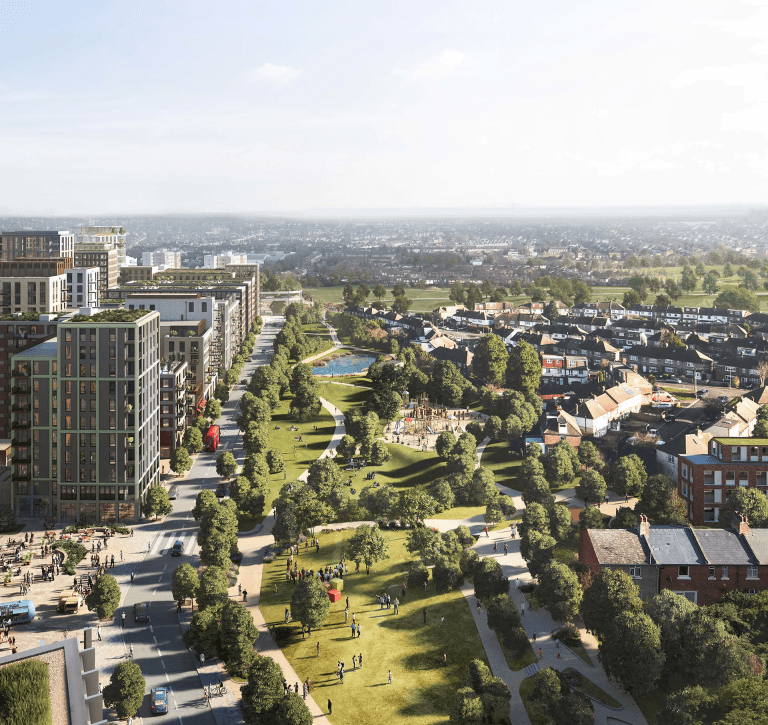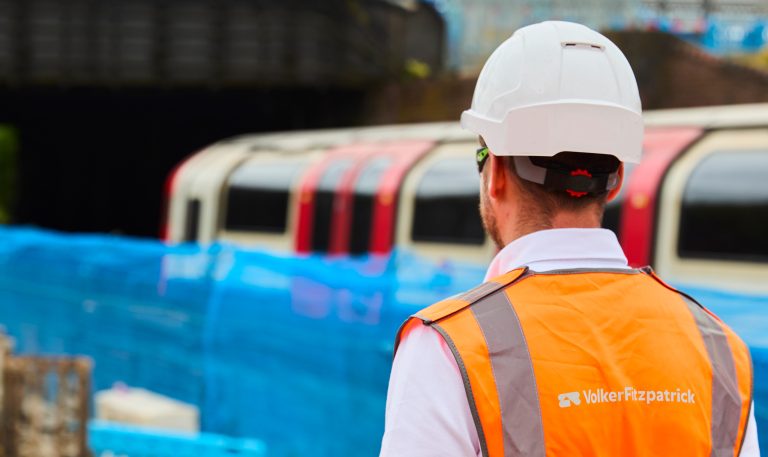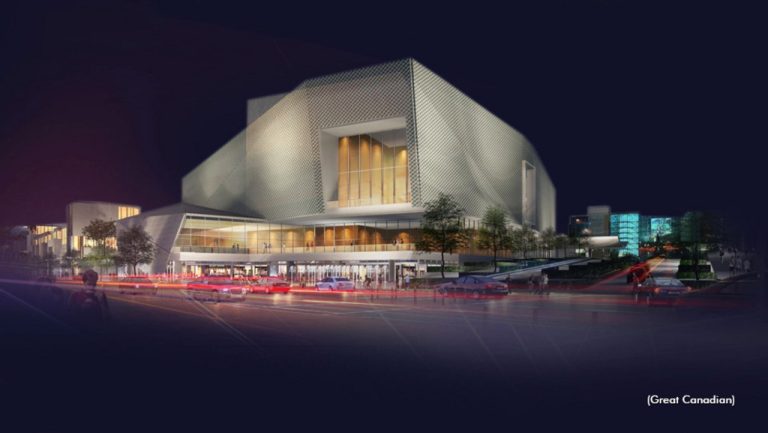In the evolving world of construction and real estate, the integration of digital technology is redefining how entertainment and gaming venues are designed and built. From multi-functional entertainment centers to cutting-edge gaming spaces, the impact of mobile technology, cryptocurrencies, and virtual experiences has influenced how architects, developers, and interior designers approach new projects. As we move into an increasingly digital era, the architectural landscape must adapt to meet the demands of modern entertainment experiences. Blending Technology with Modern Architecture The rise of mobile gaming and virtual entertainment platforms has created an increased demand for spaces that can seamlessly blend physical environments with digital interactivity. Architects and designers are now focusing on incorporating advanced digital elements into entertainment venues, from interactive screens and smart building technologies to adaptable spaces that can host both in-person events and virtual experiences. These innovations have begun to shape how new entertainment spaces, including casinos, are being developed. Sustainable and Flexible Design for Gaming and Leisure Hubs Sustainability is another crucial aspect of modern entertainment venues. Developers are increasingly adopting eco-friendly designs that use energy-efficient materials, renewable energy sources, and smart building systems to reduce the environmental impact of large-scale gaming and entertainment complexes. Flexibility is key, with many venues designed to be adaptable for different uses—from live events to gaming experiences—while incorporating the latest in green building practices. By using features such as dynamic lighting, climate control systems, and sustainable construction materials, these projects not only meet modern environmental standards but also offer long-term operational savings. This approach benefits both developers and tenants, ensuring that buildings remain attractive to future generations of users. Transforming Interior Spaces with Digital Interactivity Interior fit-outs for entertainment venues are undergoing a transformation to meet the expectations of today’s tech-savvy audience. From immersive audiovisual installations to flexible gaming areas, modern interior design is about creating an environment that enhances user engagement. For example, dedicated spaces for virtual reality (VR) gaming, eSports tournaments, or interactive betting zones can be easily integrated into new construction projects. Casinos, in particular, are evolving to incorporate these features, albeit with a reduced reliance on traditional gaming floors. The focus is shifting toward creating spaces that encourage social interaction and digital engagement, blending modern gaming technologies with sleek, user-friendly interior layouts. The Role of Cryptocurrency in New Construction Projects Cryptocurrency has revolutionized the way people engage with digital platforms, including within the gaming sector. While its most noticeable impact has been online, cryptocurrency’s influence is beginning to extend into physical construction projects as well. Developers of entertainment venues are considering how crypto-friendly payment systems can be integrated into their designs, offering additional convenience and security for tech-forward customers. Incorporating these digital payment solutions requires thoughtful design considerations, from secure networks and digital kiosks to mobile-friendly payment points across venues. Forward-thinking developers and architects are embracing these features as part of the growing trend toward creating future-proof, tech-enabled entertainment destinations. Innovative Spaces for a New Generation of Users The next wave of entertainment and gaming venues will be defined by how well they integrate technology with design. Architects and developers who embrace digital interactivity, sustainable building practices, and flexible interior layouts are poised to create spaces that not only meet today’s expectations but also anticipate the needs of future generations. New developments in Canada and beyond show that the future of entertainment hubs lies in creating immersive, technology-driven environments that elevate the user experience. Whether it’s a casino, a multi-purpose entertainment center, or a hybrid gaming space, these venues are set to redefine the way we experience leisure and entertainment. Conclusion The rapid rise of digital technologies has not only redefined the gaming experience but also revolutionized how physical spaces are designed and built. The introduction of new online casinos has spearheaded innovations like mobile gaming and cryptocurrency integration, reshaping the very nature of entertainment venues. Architects and developers are increasingly compelled to consider these digital trends when designing spaces, blending virtual and physical elements to create immersive environments. Platforms like Casimoose.ca showcase how leading online casinos are at the forefront of this transformation. Notable platforms like LegendPlay Casino, Playfina Casino, RoyalistPlay Casino, and Need For Spin Casino are setting new standards by offering cutting-edge gaming experiences. These casinos are not only reshaping the online gaming world but are influencing the design of physical spaces, from tech-enabled interiors to futuristic, user-centric layouts. By embracing trends such as cryptocurrency payments, mobile-first platforms, and seamless user interfaces, physical venues like casinos, entertainment hubs, and leisure complexes can stay relevant in this evolving landscape. These shifts push architects and developers to design spaces that enhance both virtual and physical engagement, ensuring an innovative and sustainable future for the gaming and property industries. For Canadian players, new online casinos like LegendPlay Casino, Playfina Casino, RoyalistPlay Casino, and Need For Spin Casino are delivering exceptional gaming experiences. Whether it’s through a vast selection of games, enticing bonuses, or cutting-edge technology, these platforms provide players with thrilling options that reflect the future of gaming and leisure. As these digital trends continue to shape the broader entertainment industry, forward-thinking developers and architects must adopt innovative approaches that incorporate both virtual and physical gaming environments, ensuring their projects remain at the forefront of modern design.
